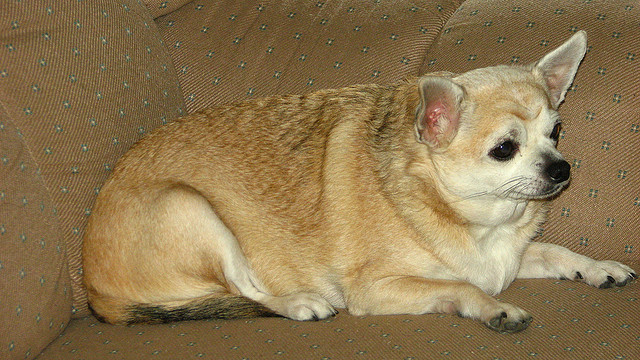It’s a sad fact – cancer accounts for almost 50 percent of all disease-related pet death each year (www.oncovet.com). Dogs develop cancer at about the same rate as humans – 1 in 4 dogs will develop a tumor of some kind during his lifetime. (www.avma.org). And while there is no way to stave off cancer for certain, Dr. Kathryn Primm, owner of Applebrook Animal Hospital and the “Animal Stuff You Wonder About” blog, has provided us with 10 things you can do to help prevent cancer in your dog.
#1 – Check them
Checking your dog for lumps on a regular basis is crucial, because early detection and removal can save your dog. This is especially important for long-haired dogs, because you are less likely to see or feel them even while grooming. One type of cancer that goes unnoticed is nasal cancer. If you notice any unusual issues with the nasal cavity, talk to your Vet and insist on a tissue sample if possible. Go to Chaseawayk9cancer.org for more information on checking your dog for potential lumps and cancer.
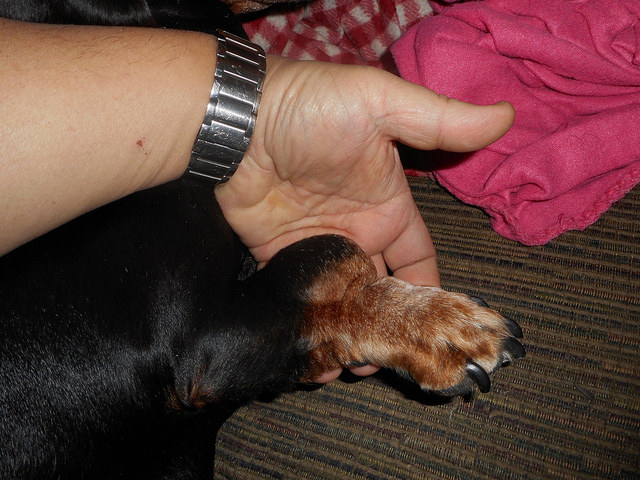
#2 – Feed good nutrition
Low quality, generic diets are not as closely screened for unhealthy additives. Some of them may even contain known carcinogens. Plus, a better diet keeps your dog healthier overall, and that includes his immune system to fight off disease.
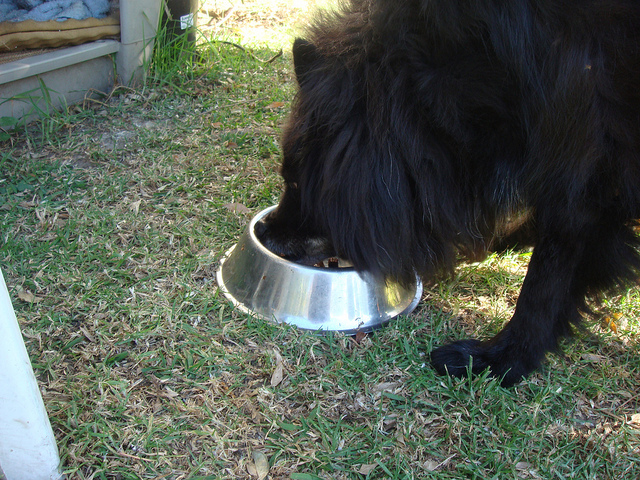
#3 – Give Omega 3 Fatty Acids
These have been shown to fight inflammation and chronic inflammation seems to be a cancer trigger.
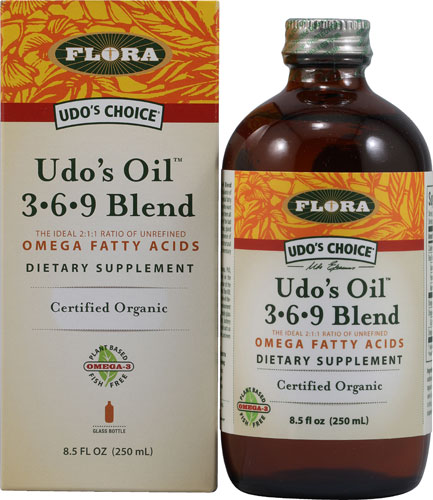
#4 – Spay or neuter
Dogs that are neutered have 0 percent chance of testicular and ovarian/uterine cancer. Ask your vet about their personal suggestions of when to spay and neuter.
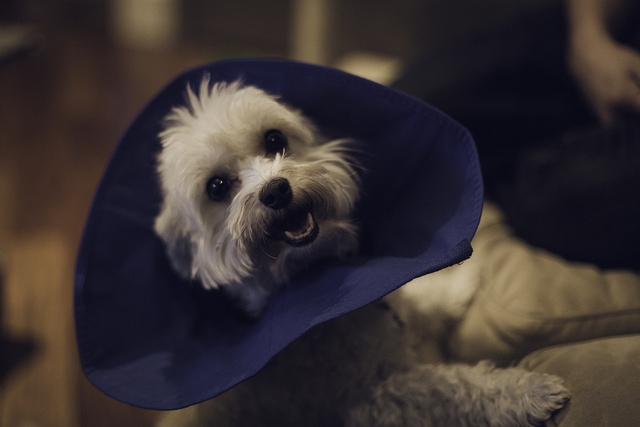
#5 – Add antioxidants to their diet
Feeding things like coconut oil, kelp, green beans, peas, etc., are all high in antioxidants and safe to feed your dog. Antioxidants neutralize free radicals, preventing them from causing cell damage.
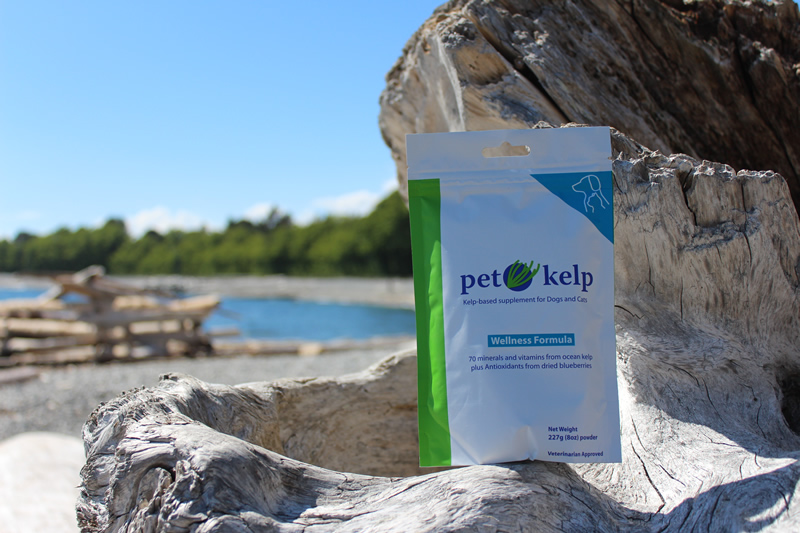
#6 – Fresh fruits are good natural sources of healthy compounds
Dogs are not obligate carnivores and they need fresh fruits just like we do to stay healthy. Blueberries, raspberries, cranberries, etc., are full of all kinds of good stuff, including antioxidants (mentioned above) that can help keep your pup cancer free.
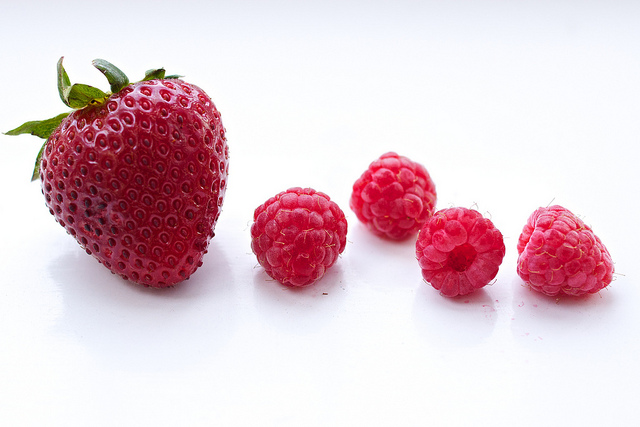
#7 – Regular vet exams
Along with checking your dog yourself, you should take them to have a veterinary exam once or twice a year to check for lumps. Blood work is also important for early detection of cancer.
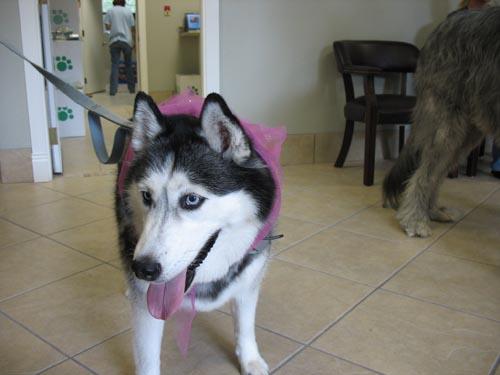
#8 – Regular dental cleanings
Not only is this important for treating painful dental disease, but it also gives your vet a chance to see what is going on in the mouth – a place not normally checked thoroughly. Melanomas can be very aggressive in the mouth, so it’s important to have routine dental cleanings.
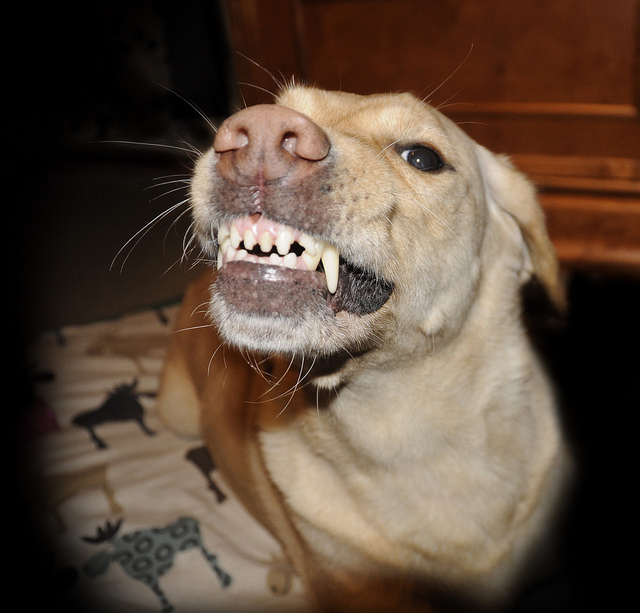
#9 – Monitor overall health
Proactively investigating any change in weight, water consumption, habits or other signs of trouble like vomiting, etc, especially in older pets is very important as it can be the first sign of trouble. Catch it right then, and you may be able to prevent something that become unpreventable later.
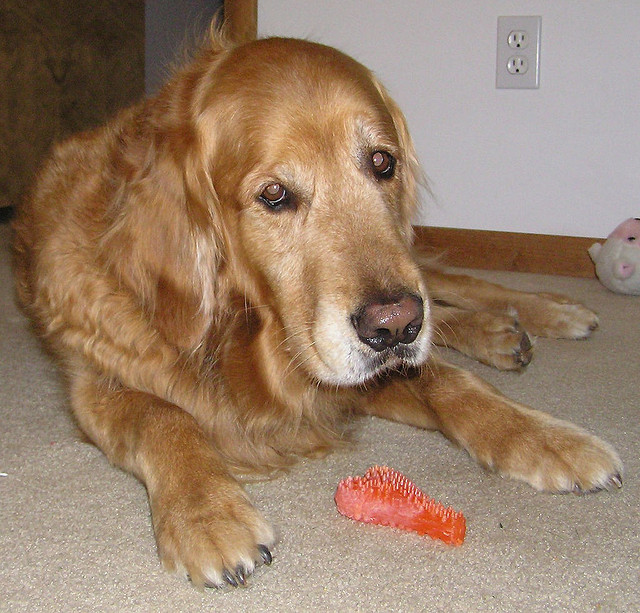
#10 – Prevent obesity
Obesity is linked to all kinds of cancers, so it’s best to keep your dog trim and fit. This means regular exercise (which is just good for all-round healthy anyway!) as well as watching what you are feeding your dog. Talk to your vet about the best diet and exercise plan for your dog.
